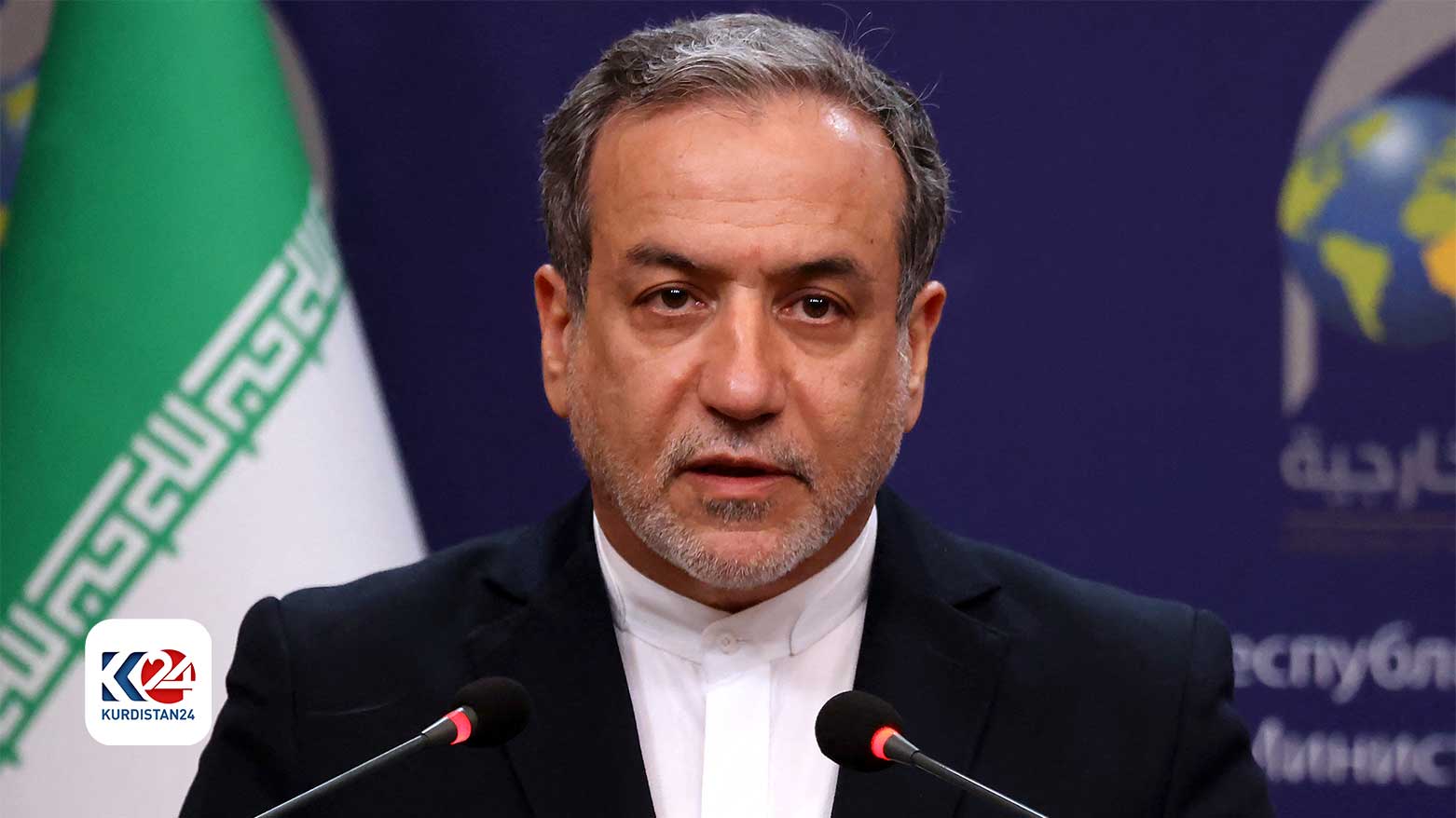“Syria's rapid collapse was anticipated but scale surprised Tehran,” says Iranian FM
He confirmed that former Syrian President Bashar al-Assad had been personally informed of these developments during meetings held the previous week, adding that "even Assad himself appeared affected by his army's diminishing capabilities."

Dec. 9, 2024
ERBIL (Kurdistan24) - On Monday, the Iranian Foreign Minister Abbas Araghchi stated that despite the fact that Iran had sufficient intelligence about probable developments in Syria, the quick collapse of the Assad government surpassed expectations.
Speaking to Iranian state television, Araghchi described Iran's involvement in monitoring the situation, principally in Idlib.
"Both Iranian and Syrian intelligence services were completely aware of activities in Idlib, and the Syrian government was informed accordingly," Araghchi stated.
He voiced particular surprise at "the unanticipated feebleness of the Syrian army and the notable swiftness of the opposition's advances."
The Foreign Minister further explained Iran's intelligence sharing efforts, noting that Tehran had provided thorough information about opposition force numbers to Damascus.
He confirmed that former Syrian President Bashar al-Assad had been personally informed of these developments during meetings held the previous week, adding that "even Assad himself appeared affected by his army's diminishing capabilities."
Araghchi also addressed Iran's diplomatic efforts through the Astana Process, clarifying that Tehran had constantly urged the Assad government to participate in dialogue with opposition groups.
This disclosure provides context to Iran's diplomatic positioning in the lead-up to recent events.
The situation signifies an important shift for Iranian regional policy, considering Tehran's considerable investment in the Assad regime since 2011.
Iran had committed billions of dollars and deployed Revolutionary Guard forces to Syria, with an aim to preserve its strategic ally and maintain its resistance front against Israel and U.S. influence in the Middle East.